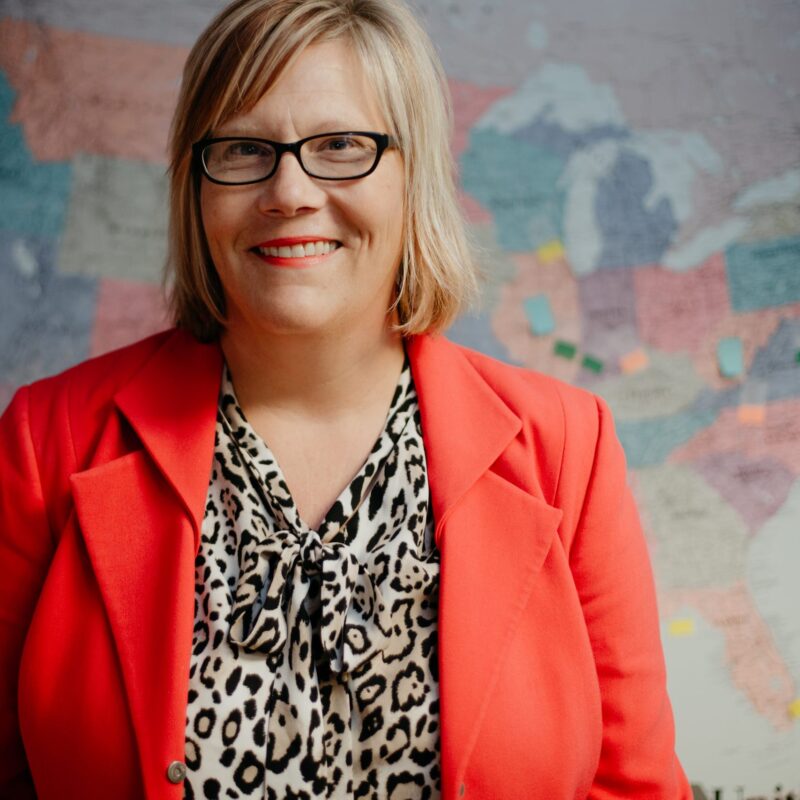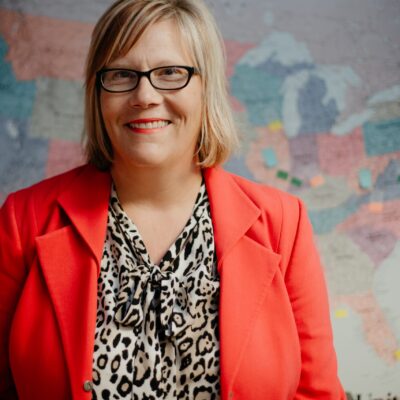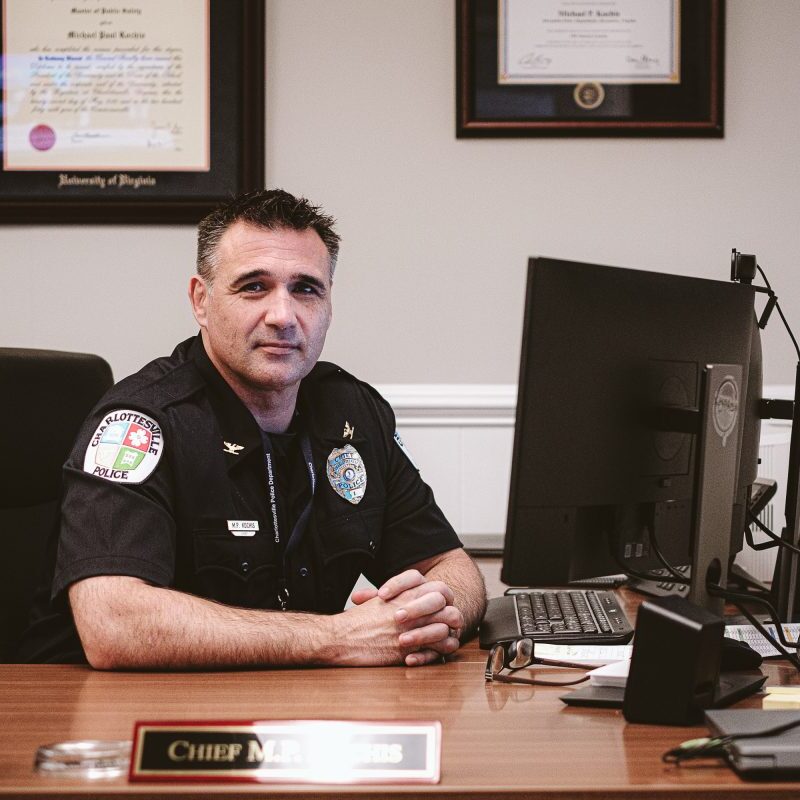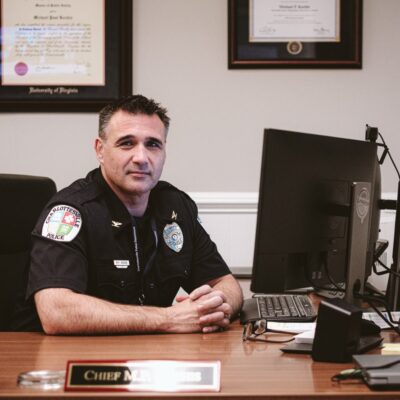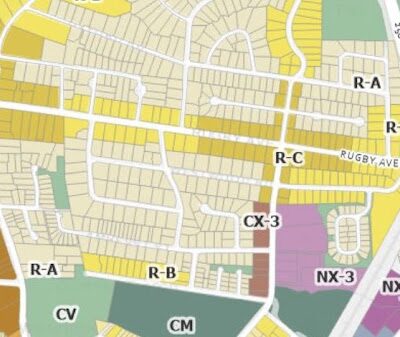A total $2.8 million in budget cuts to CHIP (Children’s Health Improvement Program) of Virginia and Healthy Families Virginia could jeopardize services for more than 2,000 families across the state, unless the General Assembly passes a budget amendment to reinstate funds to both agencies. The reductions are slated to take effect on July 1.
|
Scheduled state budget cuts could halve funding for Charlottesville’s Children, Youth & Family Services, says executive director Jacqueline Bryant. |
In Charlottesville and Albemarle, cuts would diminish the number of children and families served by the home visiting programs offered by both organizations. The scheduled $2 million reduction for Healthy Families Virginia (HFV) would cut funds for local efforts by $50,000. That amounts to 50 percent of the budget for a home visiting program funded by Children, Youth & Family Services, a Charlottesville nonprofit that addresses issues of child abuse and neglect, among others.
“We would at least lose one full-time person, and we serve about 80 families a year. So, we would cut that down to about 40,” says Jacqueline Bryant, CYFS executive director. Bryant says families that receive CYFS services “face multiple stressors [that] can make it difficult for them to parent in the best or most appropriate ways.”
“For our home visiting program, we have not received cuts of this magnitude before,” says Bryant. Last year, CYFS absorbed a $10,000 cut by terminating an administrative position.
For the Jefferson Area CHIP, a nonprofit that focuses on childhood health and development, the financial outlook is also grim. On the state level, CHIP of Virginia is slated to lose $843,612. The nonprofit’s local office could be cut by about $50,000.
“That’s a pretty significant cut, about 25 percent of what [CHIP of Virginia] gives us,” says Judy Smith, executive director of Jefferson Area CHIP. Such a reduction could mean the loss of services to between 40 and 60 kids, along with the termination of a family support worker job.
“It may sound small in a sense, but 40 to 60 kids is more than a kindergarten classroom,” says Smith. “When you put it in perspective, it’s a big number.” At any given time, the nonprofit serves about 400 children, and roughly 700 children per year.
For both programs, state support is just a percentage of the overall budget. For CYFS’ program, 32 percent of the $295,000 budget comes from the state. The rest is split between the City of Charlottesville (about $37,000), Albemarle County (about $42,000), United Way (about $25,000) and donations.
“We are not asking [the state] to do more than [its] share,” says Bryant.
For CHIP, state support is about one-fifth of its $1.2 million budget. Charlottesville and Albemarle contribute about $300,000 each.
Melissa Perdue of the Virginia Department of Social Services tells C-VILLE that “the decision to reduce these funds is consistent with other budget reductions across the government.
“With all these difficult decisions, we continue to do our best to provide as many services and benefits to as many Virginians as possible, while being good stewards of the taxpayers’ dollars,” says Perdue.
Both organizations want the General Assembly and the public to know that investing funds in intervention-related programs now will save money in the future.
“I don’t think there is enough understanding of how early intervention makes a big difference, long-term,” says Smith.
Bryant says that CYFS’ child abuse prevention program has received no abuse complaints in the last five years. “That’s pretty impressive,” she says. “These are dollars that have been saved to the state. They are saving foster care dollars, they are saving social services dollars.”
/RI_-IMG_8557.jpg)
